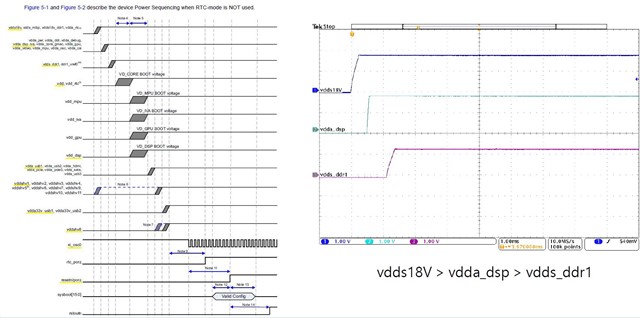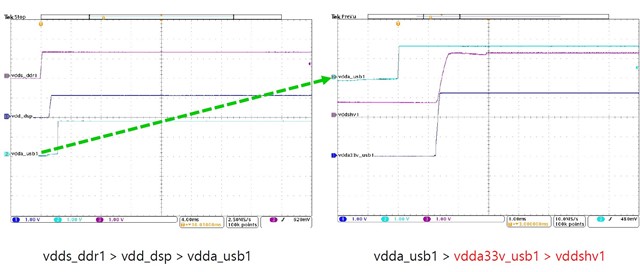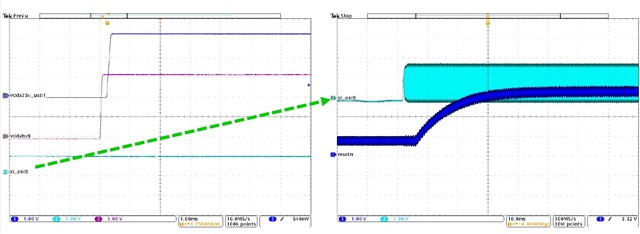Hi Expert,
My customer's device is already MP.
They device will block on "start kernel".
MLO I/O re-calibration failed too.
Their work around is "reboot " and the fail rate is 20%.
But They found that fail rate rail up from 20% to 50% when factory produced with new AM5718 IC.
They don't change any HW and SW design,only change the NEW AM5718 IC.
They can fix this issue by change the NEW AM5718 IC to old AM5718 IC.
Could you give me some suggestions?
Thanks
Daniel






